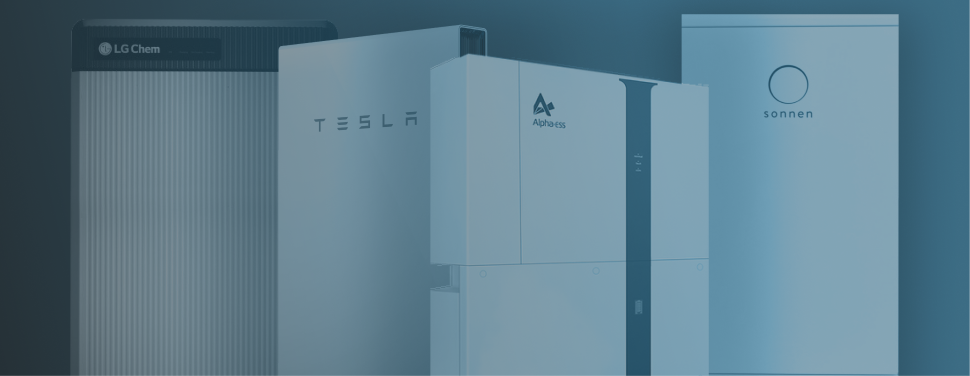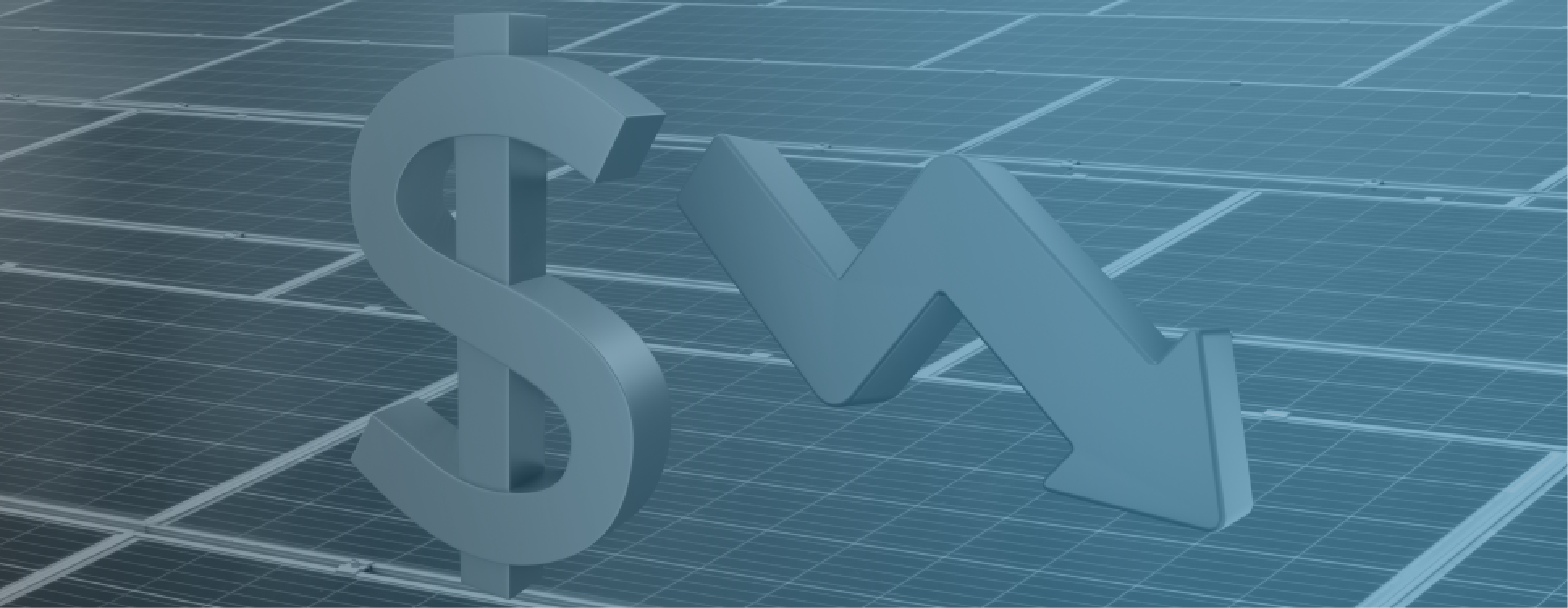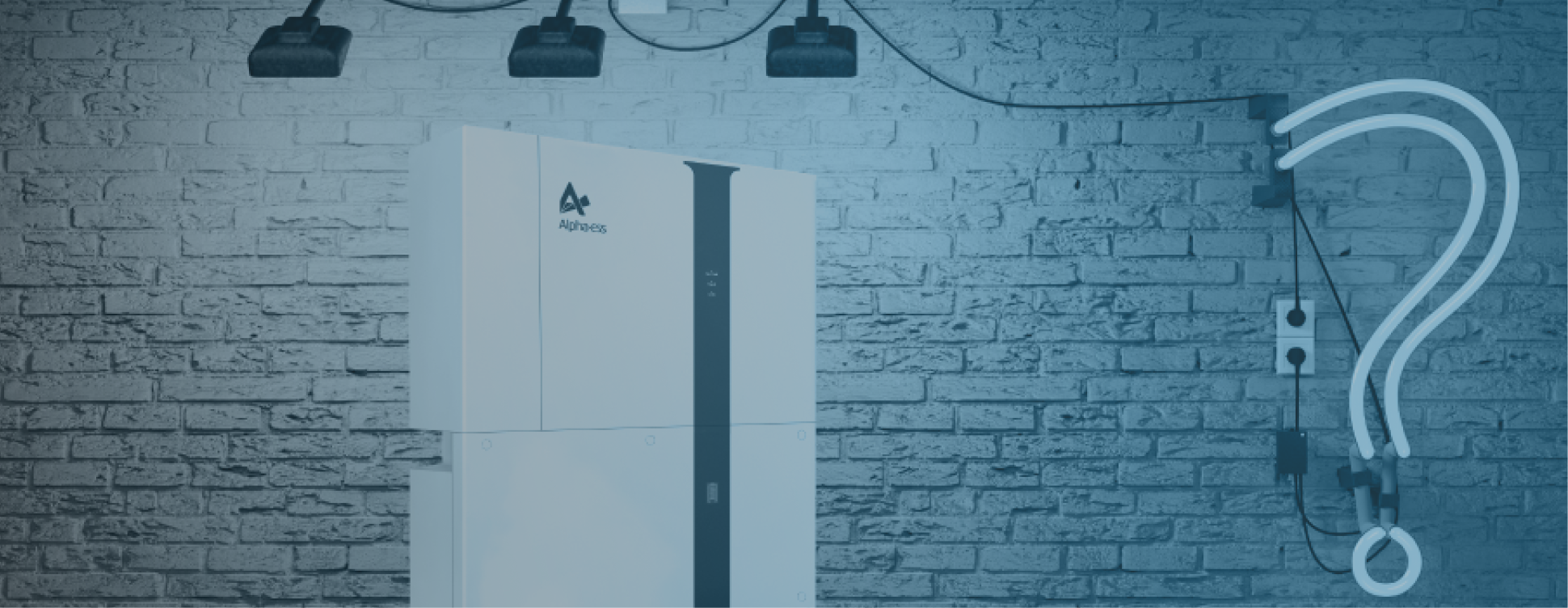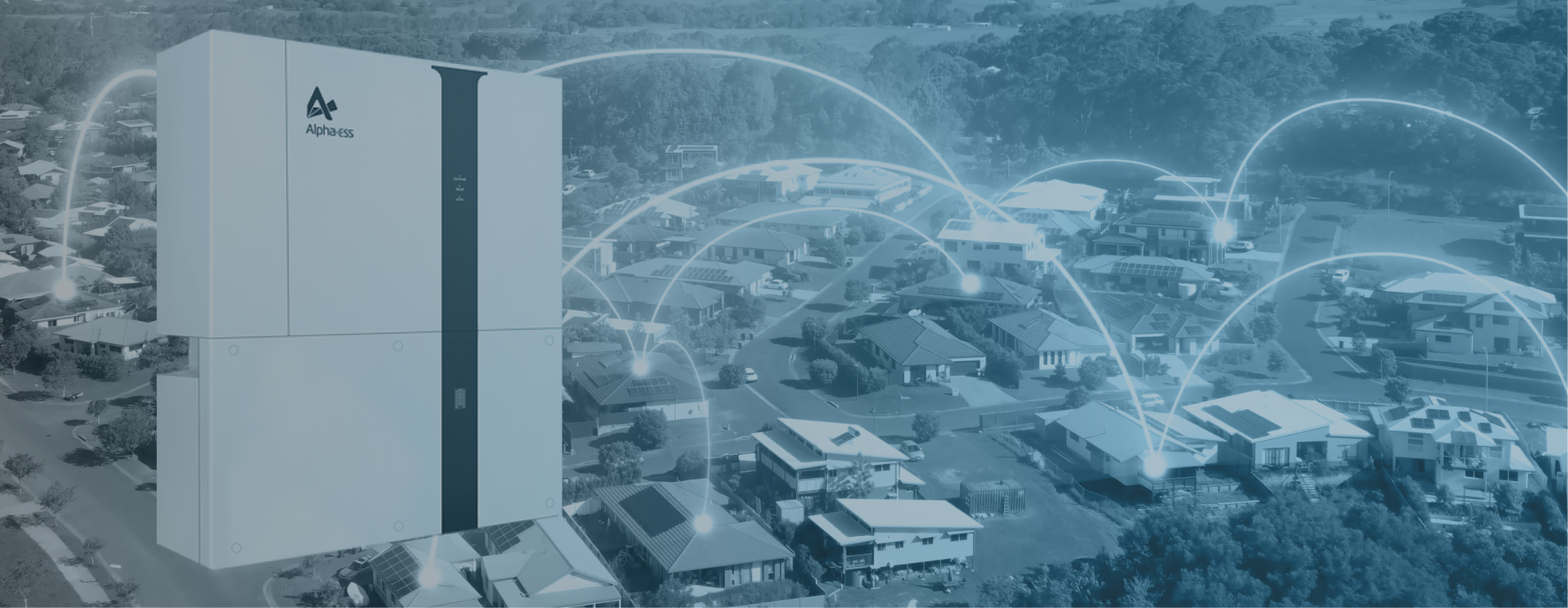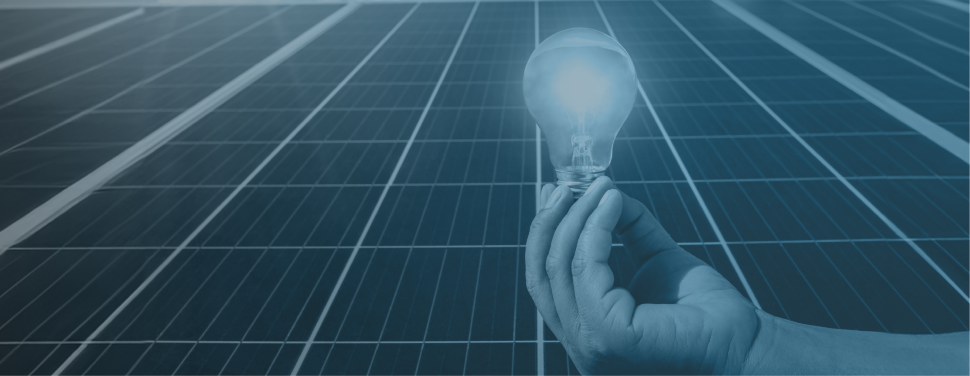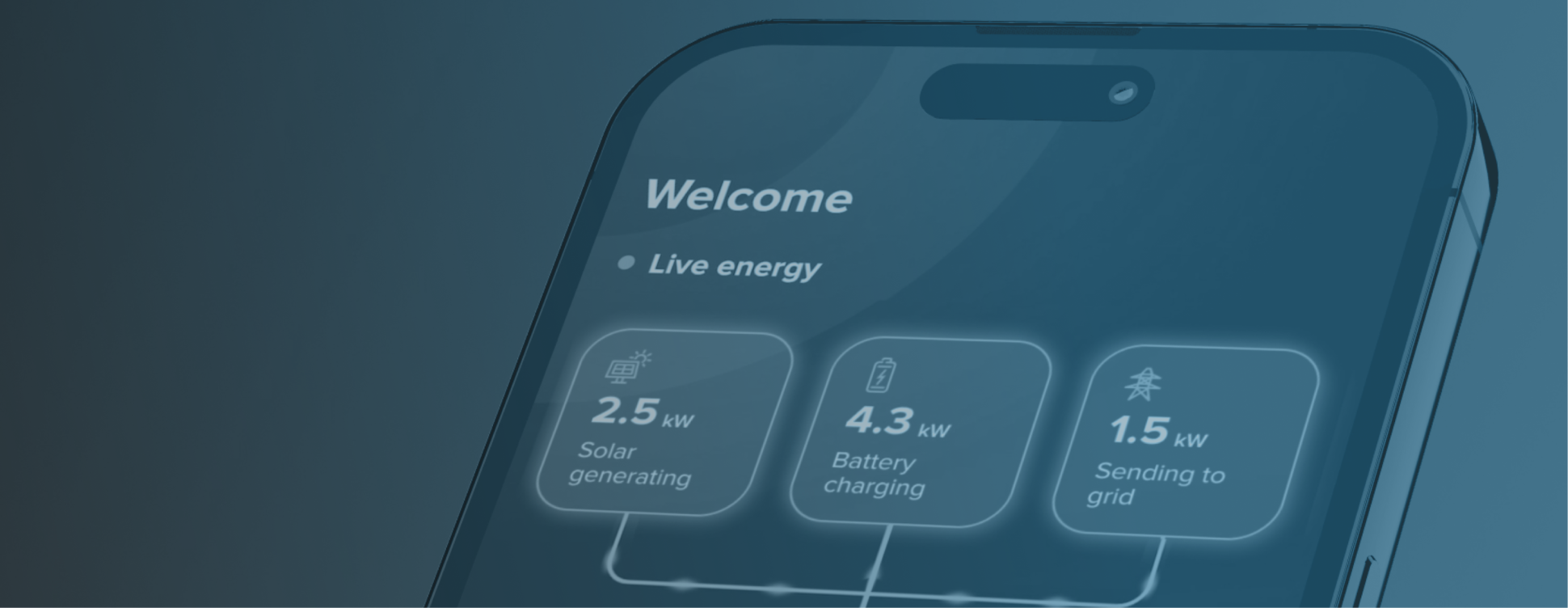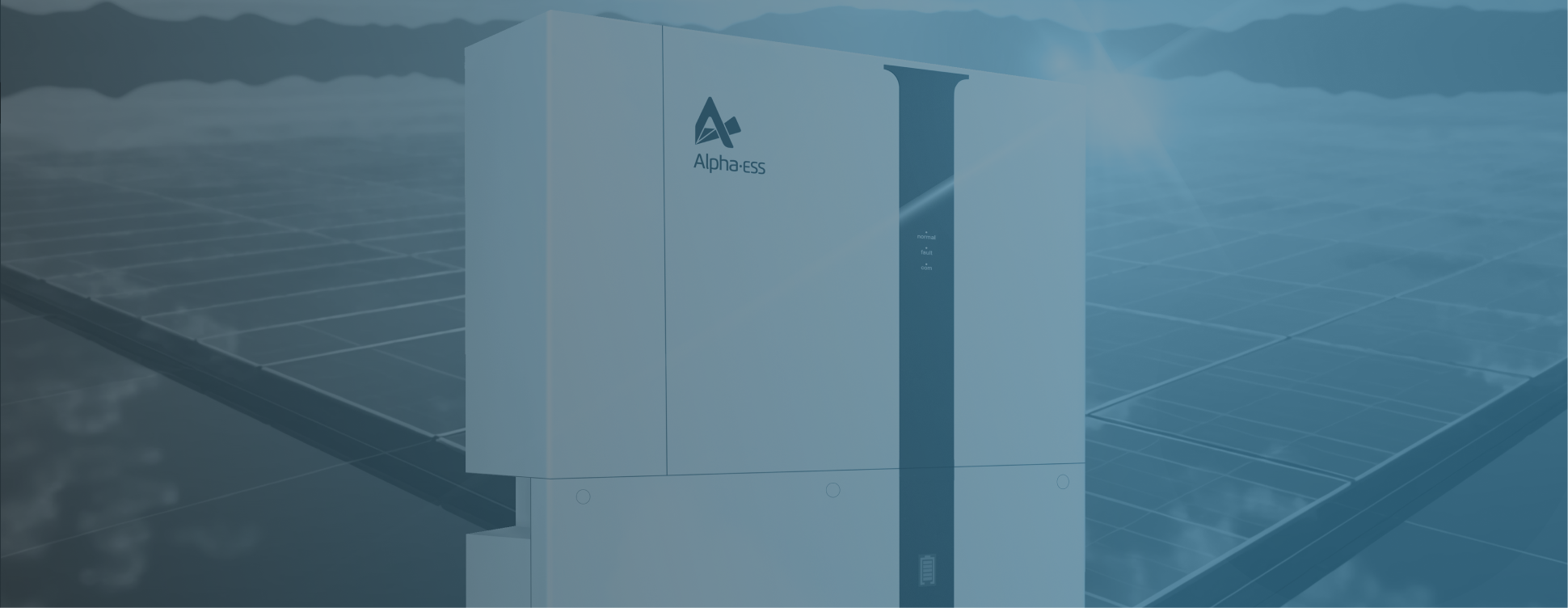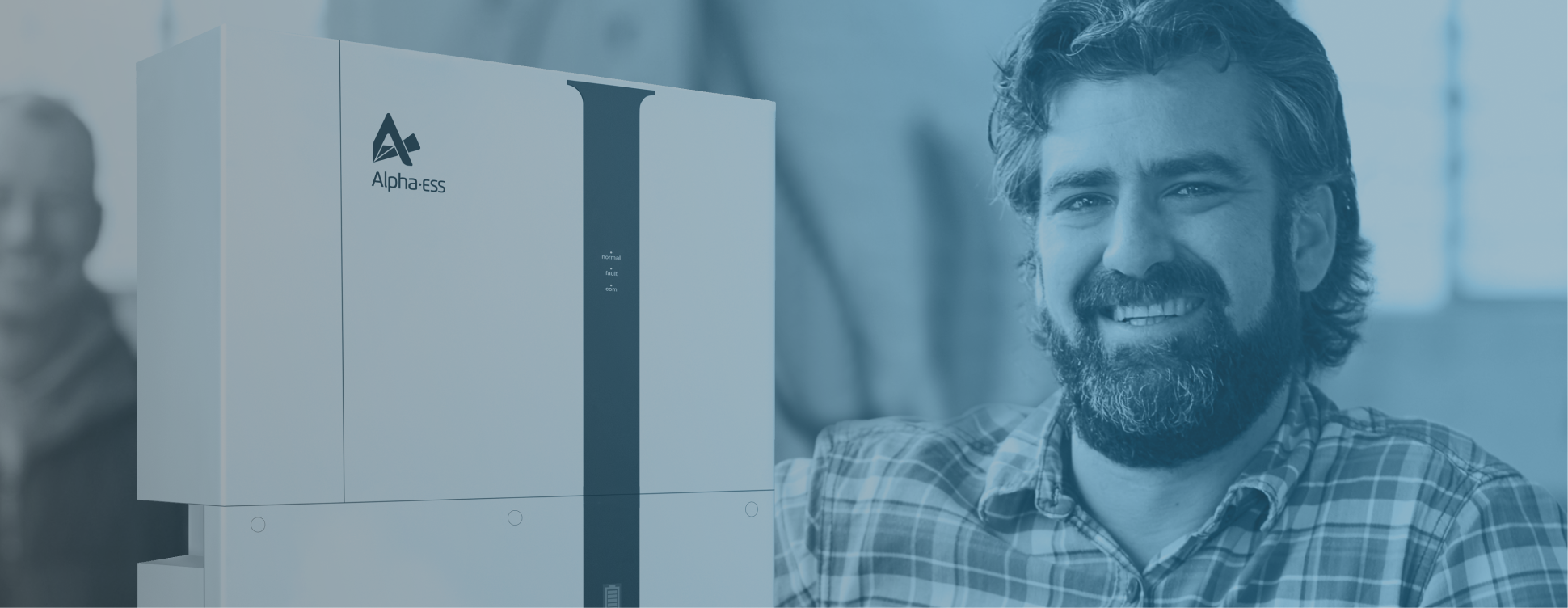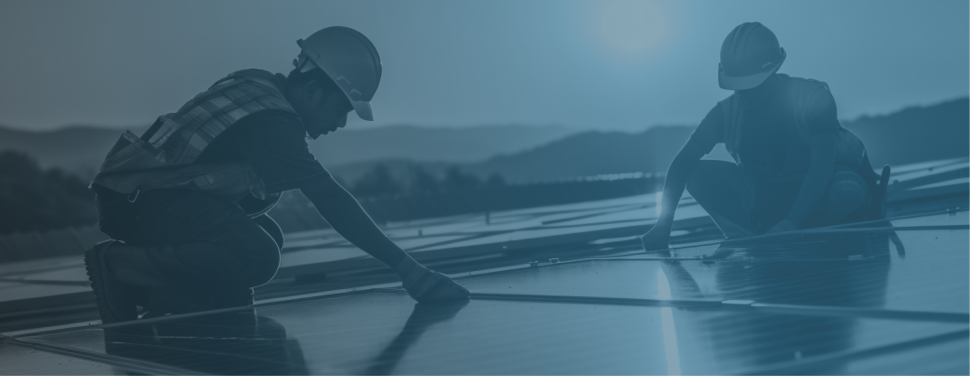Over the past few years, the economics of residential battery storage has evolved rapidly due to technological advancements and changing market conditions. One of the key drivers of this evolution has been the growing popularity of hybrid panel + battery solutions to give customers maximum savings and wipe out the majority of their electricity bill.
Unfortunately, the battery brands you hear most about in the press on TV and from industry commentators like Tesla, LG and Sonnen, are some of the most expensive batteries available on the market and in our experience do not represent the best option for customers looking for the optimum combination of affordability, value and performance.
How battery chemistry impacts longevity, performance and lifespan
Just because a battery is lithium based, doesn’t mean it’s the same. There are different types of lithium chemistries, with the main trade off being:
Do you want a lighter, smaller battery that doesn’t last as long and is more at risk of overheating, or a bigger, heavier battery that is more stable and has a longer lifespan?
The table below outlines the range of Lithium Battery types and the pros and cons of each.
Lithium-ion batteries are not purpose designed for home solar
Li-ion batteries are a popular choice of rechargeable battery for use to power portable electronics, and Electric Vehicles. They were first commercialized by Sony in 1991 for the company’s handheld video recorder. While they have been used in home solar batteries by brands like Tesla and LG, they were not originally developed to be used for home energy storage where batteries need to have a longer lifespan and less degradation over time.
Group 1: Extra small size and short lifespan – often used in consumer electronics
A popular choice for portable consumer electronics such as mobile phones, laptops and digital cameras is a Lithium-Cobalt chemistry because it is lightweight, small, and portable.
The drawbacks are a relatively short life span and proneness to overheating. For example, you’ve probably noticed that your mobile phone battery lasts less time the longer you have it, and from time to time the battery gets really hot and you need to let it cool down.
Group 2: Small size and medium lifespan – often used for Electric Vehicles
Lithium-Ion batteries are commonly found in electric vehicles (EVs) and were adapted from their original consumer electronic use to be longer lasting and able to power a car over a long time period while still retaining their lightweight characteristic so they don’t weigh down the cars. However, the Lithium-Ion chemistry is less suitable for home solar batteries that have very different performance needs – particularly when a long lasting battery that is safe and stable in high Aussie heat conditions is key.
Both Tesla and LG Chem have adapted this chemistry to use in their solar batteries, but have only been able to do so by adding additional features such as heat management systems and specially designed covers to provide added protection and keep the batteries from overheating, in essence covering up the shortcomings of the chemistry for this type of application. In addition, because Lithium-Ion solar batteries have a shorter lifespan they do not come with as strong a warranty and longevity as our next chemistry – Lithium-Iron-Phosphate.
Lithium-Iron-Phosphate batteries are best suited to solar batteries
While much heavier, lithium-iron-phosphate batteries have a longer lifecycle than lithium-ion batteries. They are also more stable, especially at high temperatures, and can stay operational for longer periods of time without degrading (can be charged and discharged over many more cycles). These types of batteries are widely recognized to have the most stable, safe and high performance chemistry for residential solar batteries.
Group 3: Medium/Large size and long lifespan – designed for home solar batteries
The longer life cycles and more stable chemistry of Sonnen and Alpha ESS batteries makes them superior for solar power setups especially where batteries are connected to Virtual Power Plants and discharged more frequently.
They also come with stronger warranties; where the battery efficiency is covered for longer. Both Sonnen and Alpha ESS batteries have a 10 year warranty even with VPP participation rather than just being applicable when the battery is under ‘normal use and operating conditions’. Conversely Tesla and LG brand batteries revert back to what is essentially a 5-7 year warranty when you layer in the added discharges that come with VPP participation.
Because the characteristics of Lithium-Iron-Phosphate are so well suited to solar battery applications, both Sonnen and Alpha ESS use it as the preferred chemistry for their solar batteries.
Side by side solar battery comparison
Before recommending one of the more commonly known consumer brands, it makes sense to look closely at what you are actually getting, and what’s best for your customer. Below is a summary of the key characteristics of four of the key solar battery brands we discuss in this article.
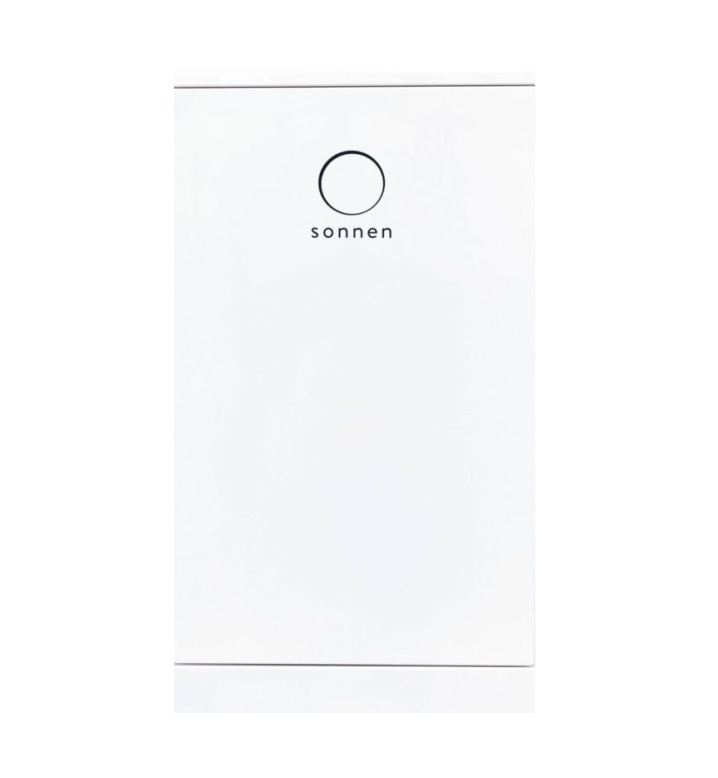
Sonnen solar batteries (sonnenBatterie Evo)
- Lithium-iron-phosphate chemistry
- 10-year or 10,000 charge cycles warranty for the to retain at least 80% of their original capacity after 10 years of use, assuming normal use and operating conditions.
- The high charge cycles and 10 year warranty makes it a good storage solution for use with Virtual Power Plants (VPP) where batteries may be more frequently discharged.
- Can safely be installed both inside and outside.
- Indicative RRP at launch $14,000 for 10kWh
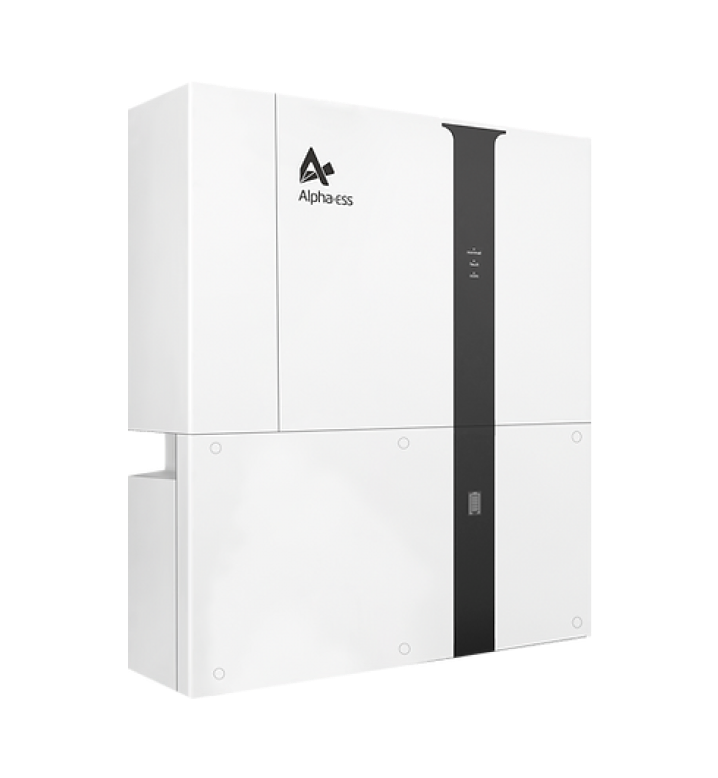
Alpha ESS solar batteries (Smile range)
- Pure play solar brand that makes solar batteries built specifically for solar residential applications from the ground up.
- Feature lithium-iron-phosphate cell technology
- Alpha ESS batteries come with a 10 year warranty for the battery to retain at least 80% of their original capacity after 10 years of use, assuming normal use and operating conditions.
- The high charge cycles and 10 year warranty makes it a good storage solution for use with Virtual Power Plants (VPP) where batteries may be more frequently discharged.
- The up front price of an Alpha ESS battery In NSW from Powow is: $9,052.
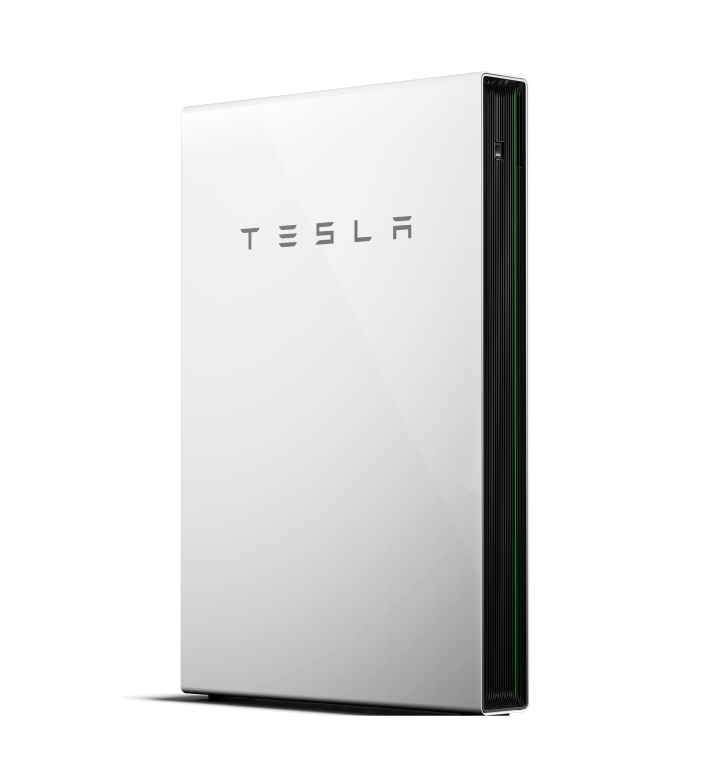
Tesla solar batteries (Tesla PowerWall 2)
- Use the same lithium-ion cobalt, nickel and manganese chemistry (LiNiMnCoO2) that is in their EV batteries.
- The Tesla Powerwall 2 comes with a 10 year warranty for the battery to retain at least 70% of its original capacity after 10 years of use, assuming normal use and operating conditions.
- Installed cost of a Tesla Powerwall 2 ranges between $18,000 and $20,000, which makes it one of the most expensive batteries on the market.
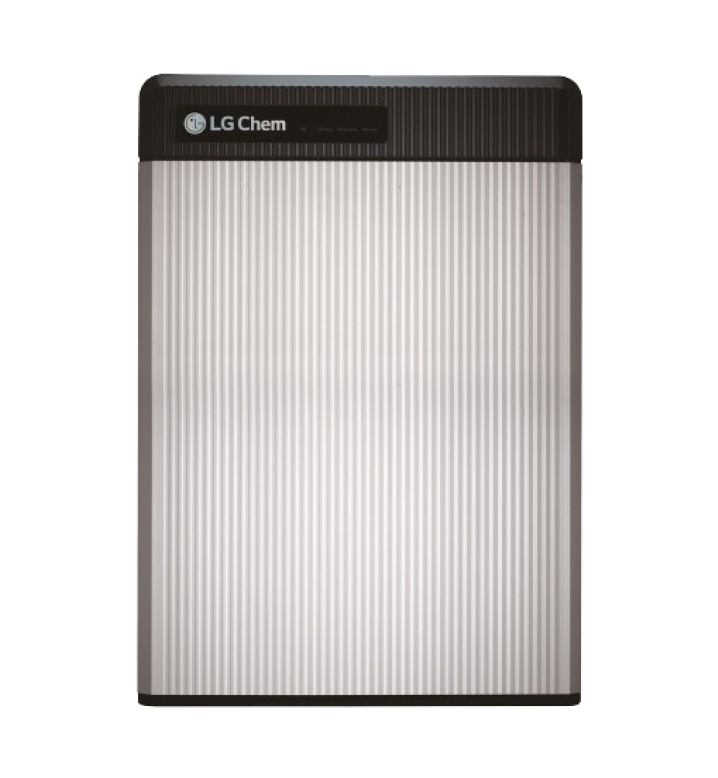
LG Chem solar batteries
- History of making batteries for lighter electronics such as smartphones and consumer electronics and EVs using Lithium-Ion chemistry.
- LGC warrants their batteries for 10 years to retain at least 60% of its original capacity after 10 years of use, assuming normal use and operating conditions.
- Claim to be “one of the most compact units available on the Australian market”
- The quoted price range on the LG Home battery website is $7-10K for a battery.
What else should you look for when you choose which battery to sell?
Powow is responsible for maintenance service and upkeep on batteries sold on any of our Payment plans, so we have a specific set of criteria that we look for when evaluating solar batteries:
- Safe and stable Lithium-Iron-Phosphate chemistry
- Great warranty that covers the battery to retain at least 80% capacity over 10 years and isn’t degraded by VPP participation
- Safe and can be installed indoors and outdoors
- VPP compatible out of the box
- Low failure rate even at high temperatures.
- Fair, affordable pricing for the end customer
Why the warranty is so important
One of the most important factors to consider when choosing a battery storage system is the manufacturer’s warranty and how much power the battery is guaranteed to retain over time.
The ‘Group 2’ Tesla and LG warranties guarantee that the battery will retain at least 70% and 60% of its capacity respectively over the warranty period. Due to using a superior battery chemistry, the ‘Group 3’ Alpha ESS and Sonnen batteries are warrantied to retain at least 80% of their original capacity after 10 years
But these warranties assume ‘normal operation’ which means the customer can’t participate in increasingly popular Virtual Power Plants. Most battery warranties come with a clause that says the warranty is good for 10 years – unless the customer joins a Virtual Power Plant, where the warranty can void or default to a number or charges rather than a number of years.
With Powow, any battery bought through us will always have a 10 year warranty even with VPP participation. It’s a big benefit for customers, and an easy way to differentiate against other battery offerings in the market.
In conclusion
While big brand name batteries get all the media hype, they aren’t usually the best value options for customers interested in getting bang for their buck.
So before choosing a battery to sell based on the fact that the brand is well known and heavily promoted in marketing (for example on TV), do what’s right for the customer and choose batteries based on their ability to give the biggest benefits at the best price.
The information provided on this blog is for general informational purposes only. We make no representations or warranties of any kind, express or implied, about the completeness, accuracy, reliability, suitability or availability with respect to the blog or the information, products, services, or related graphics contained on the blog for any purpose. Through this blog, you may be able to link to other websites that are not under our control. We have no control over the nature, content, and availability of those sites. The inclusion of any links does not necessarily imply a recommendation or endorse the views expressed within them.
